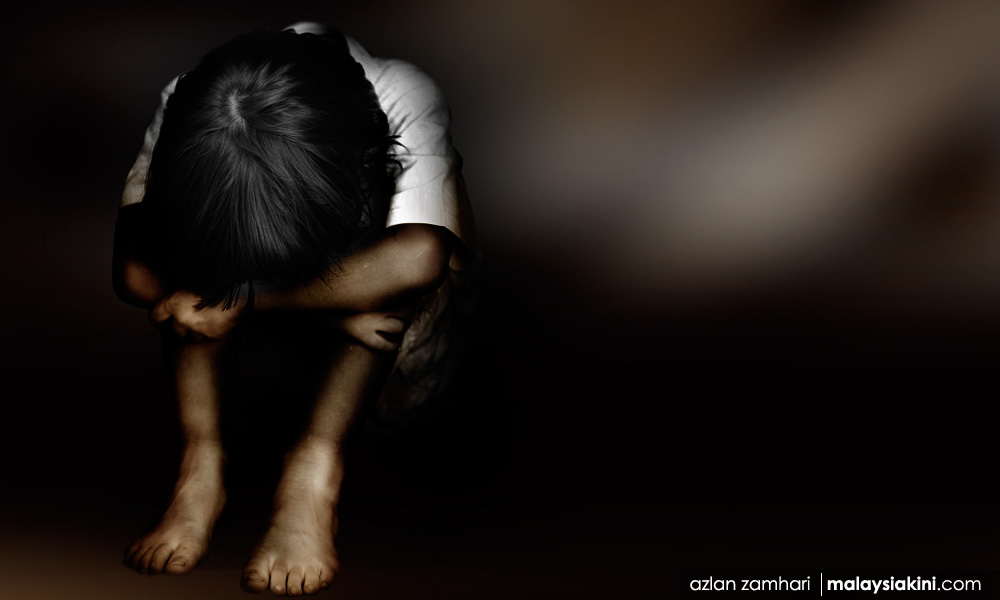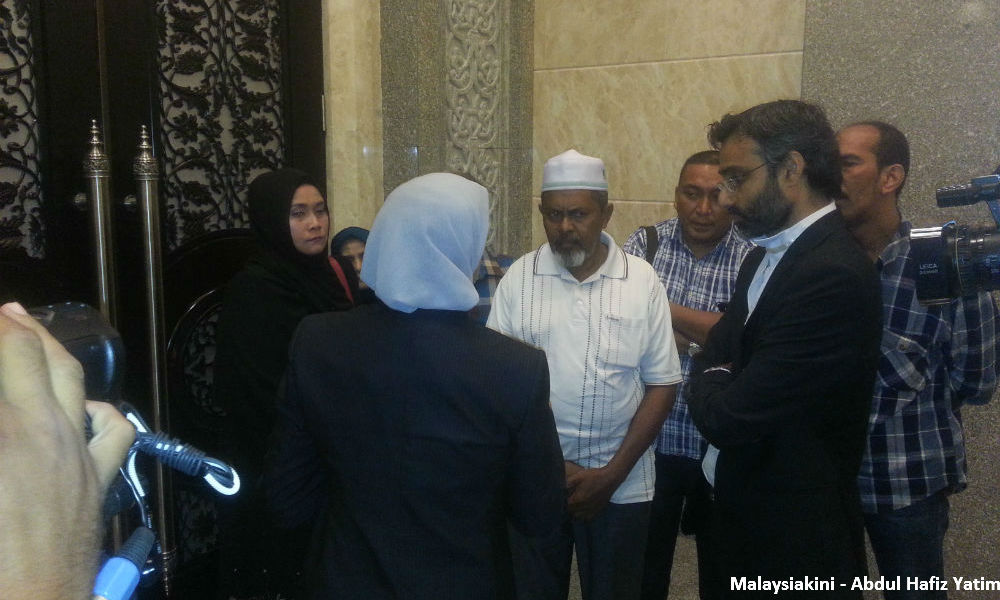I’ve always believed that capitalism, conservatism, and socially acceptable superstition are evils that have held humanity back, keeping us divided while the planet is on an abysmal collision course.
As a youth, I dreamt of a secular, progressive society in which the main motivations are not material gains, and we are not segregated by ethnicity, religion, and class.
Having been this way since my teens, I eventually realised that I will die before such a system can ever take hold in my country.
Nonetheless, I remind myself that we have to take comfort in small victories.
The Mahathirist Malaysia of my younger days counted virtually unchecked political control, blatant media suppression, an emasculated judiciary and a ban on student politics among its many charms.
We have moved on quite a lot in terms of democratic development but there is much more to be achieved.
That’s why it was so heart-warming when the Dewan Rakyat passed the abolition of the mandatory death penalty on Monday.
It’s one small step but with an ongoing moratorium on executions, hopefully, we can move on to total abolition at some point in the future.

These kinds of reforms shouldn’t stop there. There is child marriage, sexual harassment, decriminalisation of suicide, human trafficking, drug law reform, press freedom and the likes of equality-based international principles such as the International Convention on the Elimination of All Forms of Racial Discrimination (Icerd) and the Rome statute.
A life for a life
So why am I so opposed to the death penalty? While I was a little upset with families baying for blood, it was difficult not to sympathise with their plaintive cries. An eye for an eye, a life for a life.
There are certainly horrible cases when a child like Baby Bala was tortured to death in 1991. Or the appalling gang rape and murder of Jyoti Singh in Delhi in 2012.
Honestly, when I read about those cases I wanted the criminal brought to justice. To suffer heinously like they made their victims suffer. The blood boils and you want revenge. Why should our tax dollars keep them alive, albeit behind bars?
Well, the answer is tricky, but a necessary step that must be taken if we are to evolve into a more enlightened society. The state must be rational and not emotional.
Its duty is not to take lives but to preserve them. And in Malaysia where our justice system has been rotten in the past, you can’t tell me that evidence-gathering has not been compromised.
Think back to the deaths of Muhammad Shamil Hafiz Shapiei, 15, Mohd Hairul Nizam Tuah, 22, and Muhammad Hanafi Omar, 21, who were shot dead by police at Glenmarie, Shah Alam on Nov 13, 2010.

On Sept 1, 2016, the Court of Appeal granted judgment in favour of the families, ruling that the victims were illegally shot dead by the police. And on June 29, 2021, judge Khadijah Idris awarded damages of RM1,519,200 to the families of the three victims.
The police initially claimed that the youths were armed with machetes and had tried to attack them after earlier robbing petrol kiosks in Monteres and Bukit Subang and that they had to open fire.
But their lawyer N Surendran highlighted that the post-mortem showed that the angle of entry bullets, the number of bullets fired and the distance they were fired from all negated the police’s version of events.
“The post-mortem made it very clear that the police version was not true and what had happened was that the boys were made to kneel, their shirts were pulled over their heads, and they were executed on the spot,” he said.
Innocence Project
I also remember being on duty at The Star’s newsdesk when teenager Aminulrasyid Amzah was fatally shot after taking his sister’s car for a joyride in April 2010, just six months before the Glenmarie killings.
One of the first police statements was that he was found with a machete - how else to explain why he had been shot more than 20 times?
If you’re not familiar with the case, the teen panicked after denting another car and didn’t stop at a roadblock. Deserving of being shot to death? Surely not.
Why do I bring up these cases? Because they show that the police have planted or tampered with evidence in the past.
If you can’t trust the chain of evidence, then how do you know that the wrong person doesn’t get sentenced to death? And if you admit that it’s possible … how many times do you think it’s happened? Once or twice? Or hundreds of times?
The US has the Innocence Project which works to free the innocent, prevent wrongful convictions, and create fair, compassionate, and equitable systems of justice for everyone. Through DNA testing they overturned numerous wrongful convictions.
Do you think we have the sophistication and political will to carry that out here? We don’t, and as long as the death penalty existed, numerous people would be executed for crimes they did not commit.
For that reason alone, we must rejoice that the death penalty is, for now, on the retreat. - Mkini
MARTIN VENGADESAN is an associate editor at Malaysiakini.



No comments:
Post a Comment
Note: Only a member of this blog may post a comment.